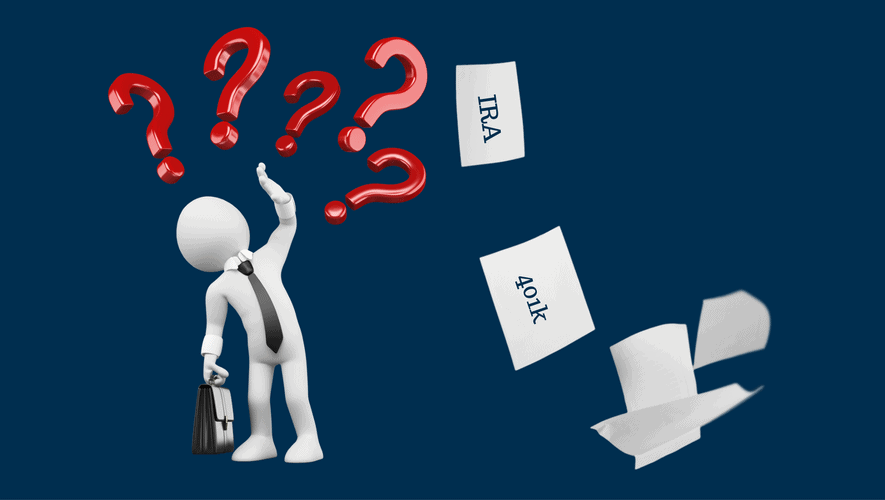Options for Your 401(k) When You Change Jobs

Leaving one job for another to pursue your goals, follow your passion, or just make some interim changes? As you leave – taking with you new experiences, knowledge, and relationships – don’t forget one more important thing: your company 401(k) account.
In the midst of job – or life – changes, it’s all too easy to get distracted and forget to pay attention to a 401(k) from a previous employer. It could be because the plan stops sending statements, or it could just be that you’re focusing on what’s going on in your life right now. There may even be a few you’ve lost track as the years pass.
Consider too, that even if you have kept track of your old 401(k) accounts and know exactly what’s in each of them, you many not realize that you have other options besides just leaving the account and investments as is. (For related reading, see: 6 Questions to Ask a Financial Advisor.)
Know What You Have
Do you know what’s in each of your 401(k)s? A recent study in the Journal of Finance has found that conflicts of interest in 401(k) plans can lead to serious opportunity cost for individual investors. Your managers may be prioritizing the profits of their institution by investing your money in their own funds, even if that is not the best investment option for you. As John Oliver recently demonstrated, these conflicts of interest can cost millions over the course of a single retirement plan’s life. Awareness is key. Make sure you look at old 401(k) statements from past employers to determine if they are being managed properly according to your needs and situation.
What Are Your Options?
If you do determine that your 401(k) plan from a previous employer is not being managed properly, or as beneficially to you as it could be, the good news is that you have options. You can roll the funds into a new employer’s 401(k) plan or into an IRA account that you already hold. Rolling over a 401(k) into an IRA has potential benefits that could include:
- Lower management and expense fees
- A wider range of investment options
- Consolidating multiple accounts into one retirement account
- The option to work with a fiduciary financial advisor with whom you are comfortable and whose recommendations are in your your best interest at all times
Can’t Find Your 401(k) Statement?
If you have lost track of an old 401(k) account, don’t worry, there are ways to search for it. Here are a few suggestions:
- Contact your old employer’s HR department: if they can’t help you, they may be able to direct you to someone who can.
- Search The National Registry of Unclaimed Retirement Benefits to see if your account is listed.
- Ask your financial advisor to help you track it down.
A well-managed 401(k) plan can be the gift that keeps on giving. But once you’ve left a company, take a good look at your plan and decide if it makes sense for you to leave the funds there, move them into a current plan, or move them into an IRA where you, and a Fee-Only fiduciary financial planner, can take advantage of a broader range of investment choices.
This article was originally published on Investopedia.com
***

One Comment